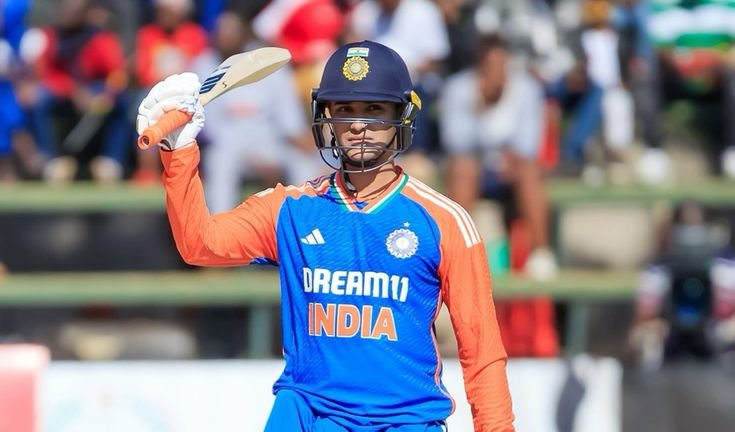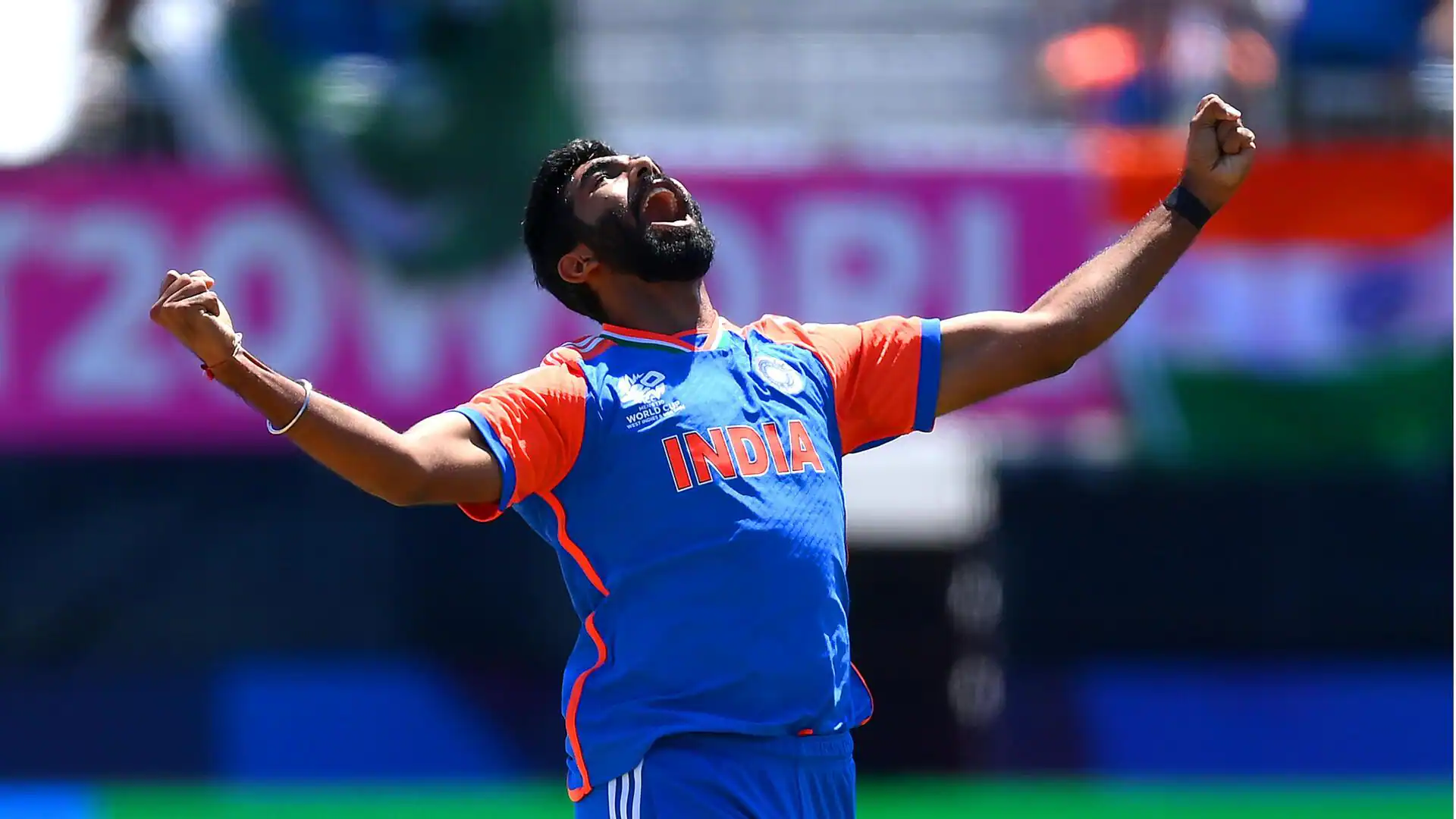Cricket, often seen as a gentleman’s game, is not without its share of controversies, and the 2019 ICC World Cup Final was no exception. Held at Lord’s in London on July 14, 2019, the final between England and New Zealand is widely regarded as one of the most dramatic and controversial matches in the history of cricket. The game not only pushed the boundaries of the sport’s rules but also sparked widespread debate about the fairness and spirit of the game.
The Match Overview
England and New Zealand reached the finals after a long tournament, and both teams were eager to lift their first World Cup trophy. The match itself was a nail-biter, ending in a tie after the regular 50 overs per side, with both teams scoring 241 runs. This result led to a Super Over, a rare and thrilling tiebreaker in one-day cricket.
The Controversies
- The Overthrow Incident
The most contentious incident of the match occurred in the final over of England’s chase. With England needing 9 runs from 3 balls, Ben Stokes hit the ball towards the deep midwicket boundary and ran for two. As he dove into the crease to complete the second run, a throw from the outfield by Martin Guptill deflected off Stokes’ bat and raced to the boundary. The on-field umpires Kumar Dharmasena and Marais Erasmus conferred before awarding England six runs – two runs completed by the batsmen plus four bonus runs for the overthrow.
This decision was controversial for several reasons:
- Rule Misinterpretation: According to the Laws of Cricket, the batsmen must have crossed at the time of the throw for the runs completed after the throw to count. Replays later showed that Stokes and Adil Rashid had not crossed when Guptill released the ball, which should have resulted in England being awarded five runs instead of six.
- Impact on the Game: The extra run had a significant impact on the match’s outcome, especially since the game went to a Super Over and eventually was decided on the boundary count rule.
- Super Over and the Boundary Count Rule
After the game tied in the regular overs, it moved to a Super Over, where both teams scored 15 runs. The match was then decided by the boundary count-back rule, a pre-established but rarely applied rule. According to this rule, the team with the most boundaries (fours and sixes combined) in their innings and in the Super Over would be the winner. England won on this basis, having scored 26 boundaries to New Zealand’s 17 throughout the game.
This rule was criticized for several reasons:
- Fairness: Critics argued that deciding the World Cup on such a rule undermined the overall efforts of the teams throughout not only the match but the entire tournament.
- Pressure on Rules Committee: The controversy led to questions about the appropriateness of the rules set by the International Cricket Council (ICC) and whether they needed revision to maintain the sport’s integrity and fairness. The Aftermath
- Rule Changes
The widespread criticism following the final prompted the ICC to change the rules. Later in 2019, the boundary count rule was scrapped. The ICC announced that if teams were tied in a Super Over in a knockout game, the Super Over would be repeated until a clear winner emerged.
- Reaction from the Cricket Community
The cricket community was divided over the final’s outcome. Some praised the excitement and unpredictability of the match, while others felt that New Zealand was unfairly denied a victory. Prominent figures in cricket, including current and former players, expressed their opinions on the rule interpretations and their implementation.
The 2019 ICC World Cup Final will be remembered not just for its dramatic finish but also for the debates it ignited about the laws and spirit of cricket. While it showcased the sport at Its most thrilling, it also exposed areas where cricket’s governing bodies need to ensure that rules are as fair and clear as possible to maintain the sport’s integrity. This match will likely continue to be discussed in the years to come, serving as a pivotal moment in cricket history
write your reviews for us at Google reviews.










